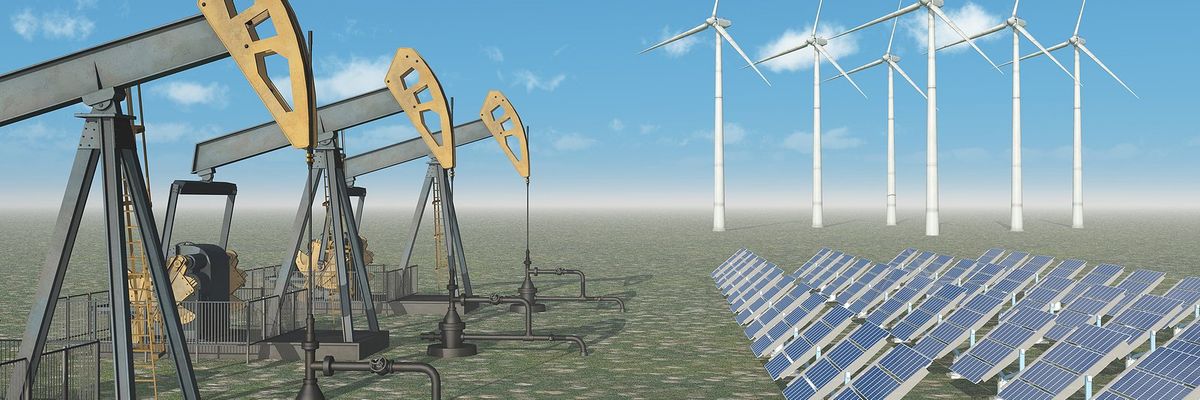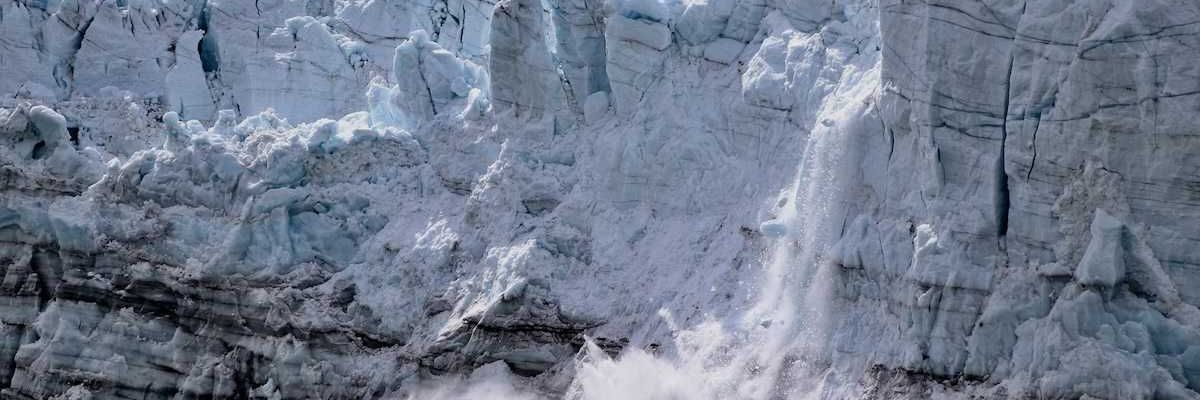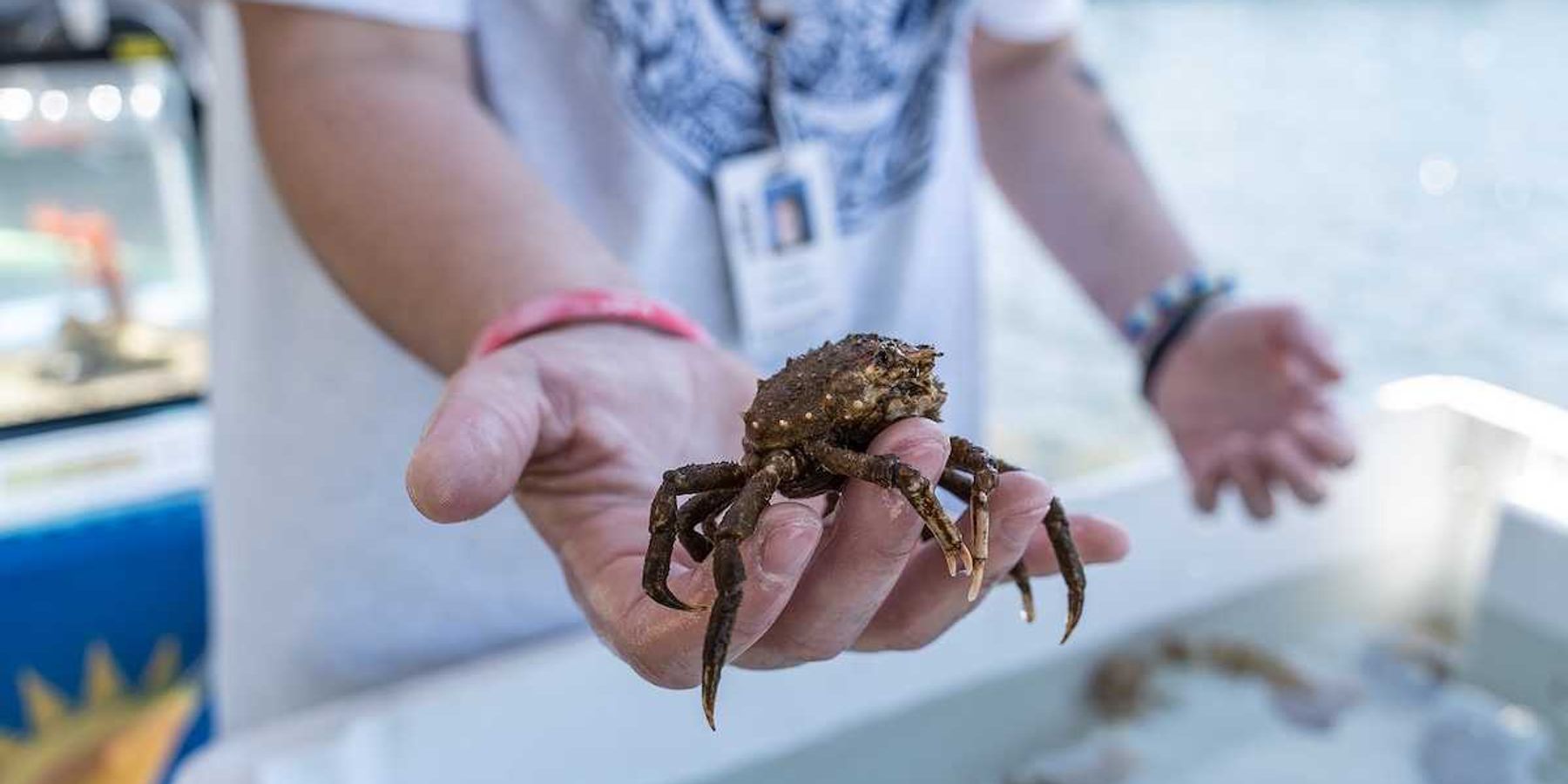tourism
Southern Europe faces deadly heat wave
A heat wave across southern Europe forced the closure of Greece’s Acropolis and resulted in two firefighter deaths in Italy.
Elena Becatoros and Colleen Barry report for The Associated Press.
In short:
- Greece closed the Acropolis for five hours due to extreme heat, distributing water and information to tourists.
- In Italy, two firefighters died fighting a blaze in Basilicata, and 13 cities, including Palermo, are under severe heat warnings.
- Other countries, including Albania, North Macedonia, and Turkey, are battling wildfires and heat-related disruptions.
Key quote:
Of touring the Acropolis, tourist Tony Dunlap said “we got it done and got out quick, and now we’re going to some air conditions and some more libation and enjoy the day.”
— Toby Dunlap, tourist from Pennsylvania
Why this matters:
Extreme heat waves and wildfires highlight the urgent need for climate resilience and preparedness measures in southern Europe. The impact on daily life and safety in these regions underscores the broader implications of climate change.
Tourists are more vulnerable to extreme heat than locals
Tourists are at greater risk of heat-related illnesses than locals when visiting hot destinations during heat waves, experts warn.
In short:
- Six tourists died in Greece during a June heat wave, likely due to heat stress.
- Visitors from cooler climates lack acclimatization to extreme heat, increasing their health risks.
- The trend of "coolcationing" is rising, with tourists opting for cooler destinations to avoid heat.
Key quote:
“It takes at least 1-2 weeks to acclimatize to heat stress. That means, a tourist who lives in a cooler climate and travels for a week-long vacation to a warmer climate or area experiencing a heat wave won’t have time to acclimatize during their time in the warm area.”
— Alisa Hass, geographer at Middle Tennessee State University
Why this matters:
Tourists face higher health risks from extreme heat due to lack of acclimatization and vacation behaviors like reduced hydration and increased alcohol consumption. Heat exhaustion and heat stroke are serious threats, exacerbated by strenuous activities like sightseeing and outdoor excursions. Unlike locals who have adapted to the heat and know the best ways to stay cool, tourists might not recognize the signs of heat stress until it’s too late.
Tourism boom in West Texas community raises concerns over water supply
As tourism and development surge in Terlingua, residents worry about depleting water resources, prompting debates over sustainability and future water availability.
Carlos Nogueras Ramos and Eli Hartman report for The Texas Tribune.
In short:
- Terlingua's tourism and development have dramatically increased water demand, causing concerns about the sustainability of local water resources.
- Residents like Rick and Georganne Bradbury, who haul water to locals, see wells running dry, while developers argue there is sufficient water for future growth.
- Efforts are underway to better understand and manage the region's water resources amid growing concerns of shortages.
Key quote:
“There’s no way we can say, ‘There’s unlimited water supply, everyone come and take whatever you want,’”
— Brewster County Judge Greg Henington
Why this matters:
The dilemma facing Terlingua is one that many rural communities encounter as they grow: balancing development with sustainability. At the heart of the debate is the question of future water availability. Proposals to drill deeper wells or import water from other regions are being discussed, but these solutions are not without their challenges and controversies. Deeper wells could lead to further depletion of the aquifers, while importing water is costly and logistically complex.
Maldives' race to expand land raises environmental and social concerns
The Maldives is undertaking large-scale land reclamation to combat land scarcity and rising sea levels, but this move has sparked widespread environmental and societal concerns.
In short:
- Land reclamation in the Maldives involves dredging ocean floors to create new land, affecting marine ecosystems and local communities.
- Environmentalists and scientists warn that such projects harm coral reefs and disrupt natural sediment flows, increasing vulnerability to climate impacts.
- Despite government claims of economic development, local critics argue that new land has remained underutilized and has not addressed fundamental economic needs.
Key quote:
“Atolls are extremely vulnerable ecosystems."
— Bregje van Wesenbeeck, scientific director of Deltares
Why this matters:
The Maldives' strategy to secure its future against sea-level rise through land reclamation might cause more harm than benefit. The push to create more land — mainly to boost infrastructure and tourism — stirs significant concerns over the destruction of marine habitats, particularly coral reefs that are vital not only for biodiversity but also for natural storm protection. Socially, these developments spark debates about sustainability and the long-term livelihoods of local communities, many of whom rely heavily on the natural resources that are now under threat.
Climate change brings uncertainty to ski resort snowfall
A recent study indicates the declining snowfall at ski resorts, an issue linked to the progressing climate crisis, foretells a challenging future for winter sports.
In short:
- The U.S. ski industry has suffered more than $5 billion in losses over two decades due to reduced snowfall from global warming.
- Warmer winters have led to a significant reduction in the ski season, impacting revenue and elevating the cost of artificial snow production.
- Ski seasons may shorten by up to 33 days by the 2050s, contingent on global actions toward emission reductions.
Key quote:
"We are probably past the era of peak ski seasons. Climate change is an evolving business reality for the ski industry and the tourism sector.”
— Daniel Scott, scientist at the University of Waterloo
Why this matters:
The reduction of snowfall due to climate change threatens the recreational industry but also foreshadows broader environmental impacts, such as water scarcity from diminished snowpacks feeding rivers and streams. People are flocking to see melting glaciers before they're gone—bringing both benefit and harm.
Is Royal Caribbean’s icon of the seas cruise ship really sustainable?
Winter without snow is devastating Indian Kashmir’s ski tourism
A dry winter has been devastating to Gulmarg, one of Asia’s highest ski resorts, in Indian-controlled Kashmir.









